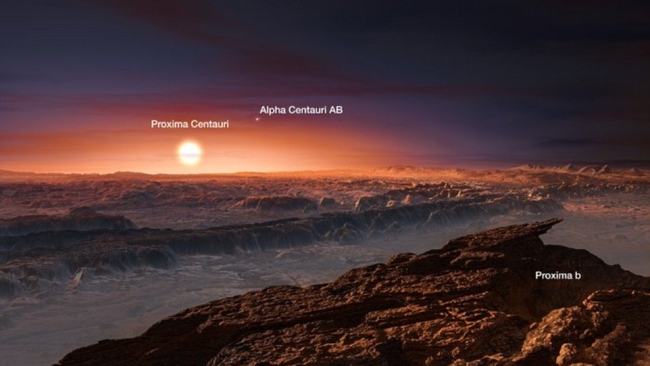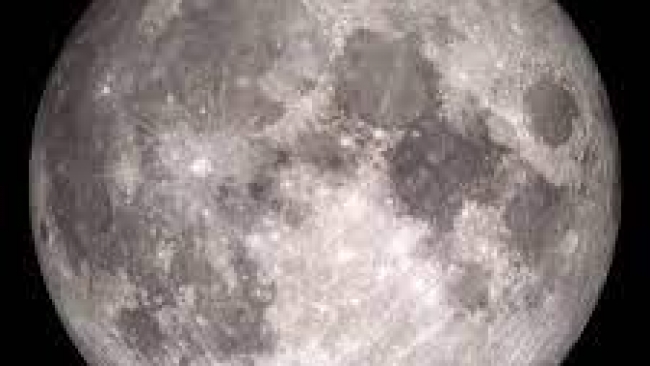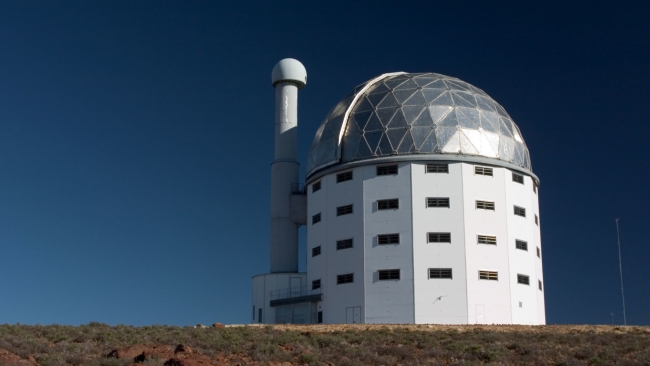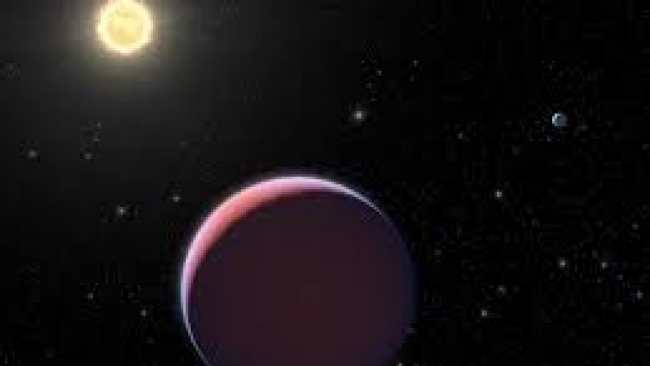A 'second Earth' has been discovered

We may have been given our best chance of finding alien life outside our solar system.
A rocky planet that may harbour life has been discovered just four light years from Earth - close enough to be reached by future space missions. The planet, dubbed 'a second Earth', is the right distance from its star to host liquid water, which means it has the potential for alien life. It is the closest exoplanet we could ever discover, and experts say missions to the planet to search for signs of life could be feasible 'within our lifetime'.
Astronomers have found clear evidence that our nearest star, Proxima Centauri, is the sun to another Earth-like world. The group of researchers, using the European Southern Observatory (ESO) telescopes, have named the exciting world Proxima b. Thousands of exoplanets have been discovered before, but unlike the others, this planet is within our reach.
While four light years is a long way - more than 25 trillion miles - future generations of super-fast space craft could conceivably travel to the planet within the next few decades. Much further in the future the planet may even be colonised by space travellers from Earth. One possible obstacle to life evolving and flourishing on the planet is the way it hugs its parent star.
Proxima b is only 4.6 million miles (7.5 million km) from the star, 5 per cent of the distance between the Earth and the sun, and takes just 11.2 days to complete one orbit. It is around 1.3 times as massive as Earth. But because Proxima Centauri is a dim red dwarf star radiating much less heat than the sun, it still occupies the 'habitable zone' where temperatures are mild enough to permit liquid surface water. The temperature on the surface of the planet could be between -90° and 30° Celsius (-130 and 86 Fahrenheit).
On the other hand, the planet is blasted by powerful ultraviolet rays and X-rays from the star. Any life that evolved on its surface would have to be hardened against the radiation. But the prospect of finding life on Proxima b has excited scientists. 'Many exoplanets have been found and many more will be found, but searching for the closest potential Earth-analogue and succeeding has been the experience of a lifetime for all of us,' Dr Guillem Anglada-Escudé, lead author of the paper, said.
Source: Daily Mail
Thu 25 Aug 2016 at 06:23





.jpg)